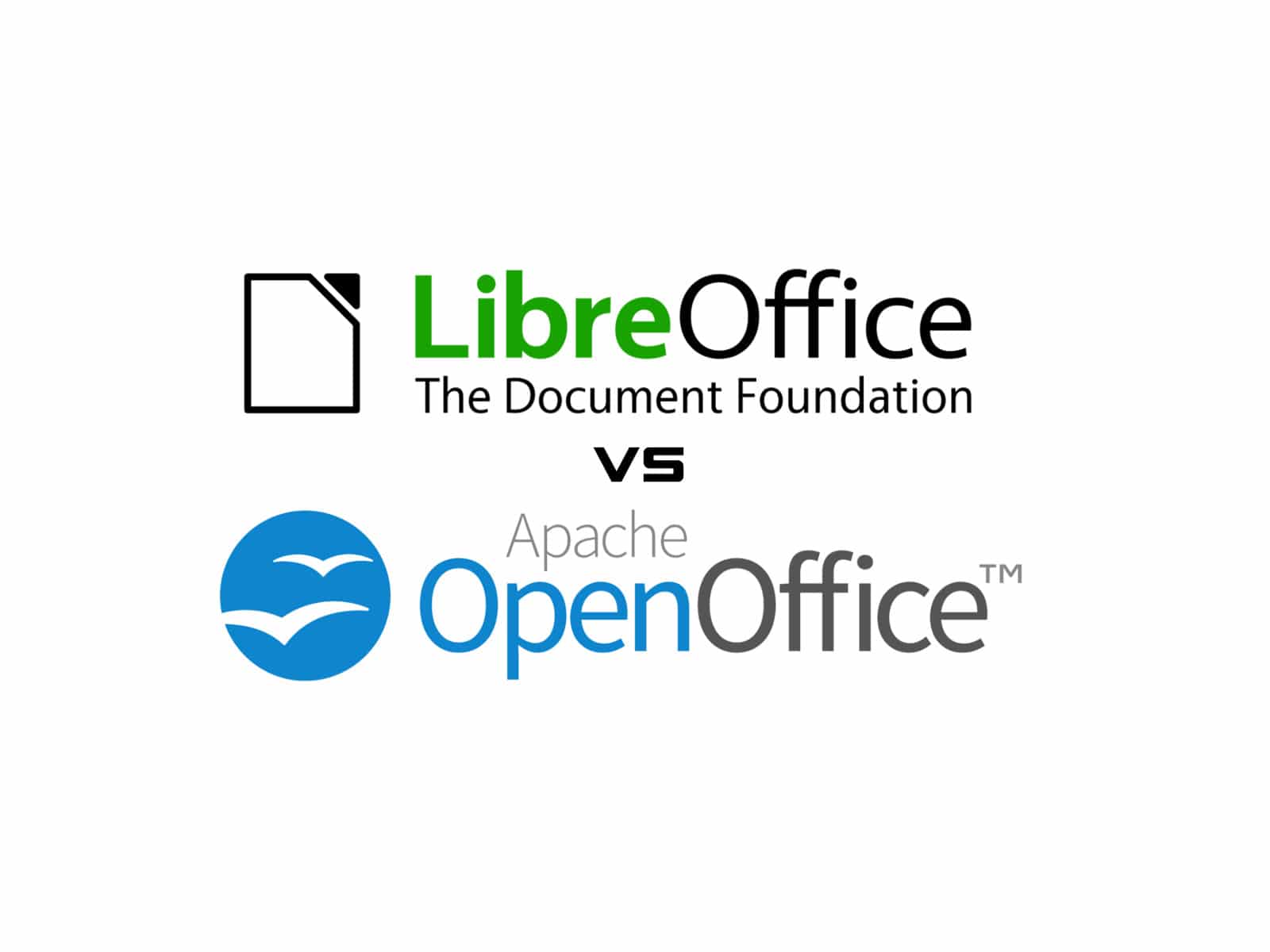
Sun Microsystems was also failing, and it was taken over by Oracle, the database software company. Dissatisfaction with Sun’s stewardship eventually prompted most of the open-source developers – along with backers such as Novell, Red Hat, and Canonical – to defect, and they forked the code to create LibreOffice.

As a result, it never developed much of a community. Much of the programming was done by Sun staff, and open source contributors were obliged to give Sun rights to use their code in its commercial version of Star Office. OpenOffice was born when Sun Microsystems bought a failed German program, Star Office, and made it open source. This includes faster development, better distribution, a slicker website, and a greater focus on meeting customers’ needs. Third, LibreOffice has a better marketing strategy.


Second, LibreOffice’s choice of open source licences gives it an advantage. First, LibreOffice has many more programmers and far more community support. There are three reasons why I think LibreOffice will win.


 0 kommentar(er)
0 kommentar(er)
